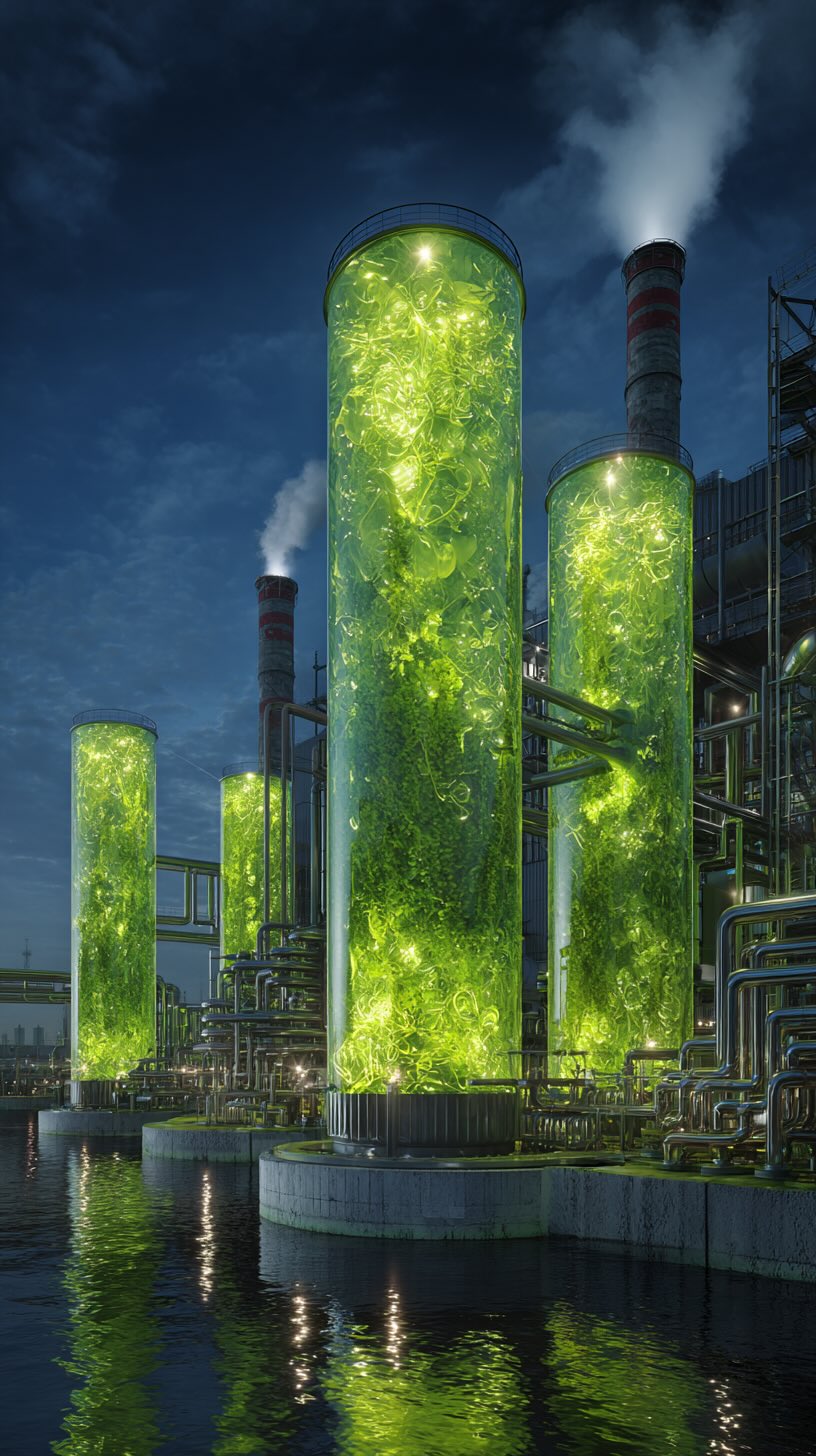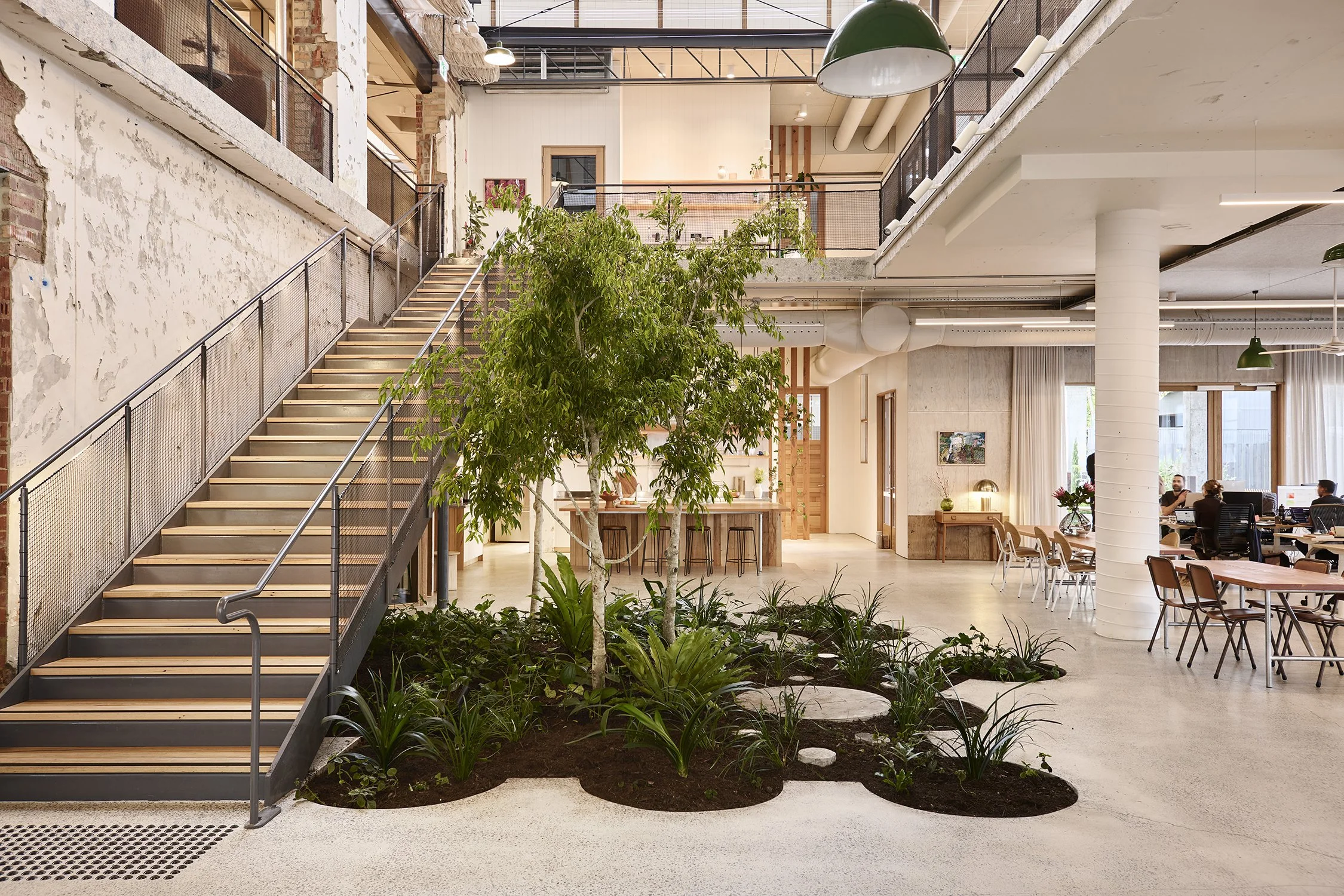
Welcome to
Compound




ocean intelligence x human creativity x
// Setting the Scene
Carbon dioxide is part of Earth's natural cycle but human activity has pushed CO2 levels to record highs. Extra CO2 traps heat and drives climate change. Turning the ocean acidic and disrupting ecosystems.
Micro and macro algae are natural carbon sinks that can help us sequester carbon. Our aim is to cut carbon emissions by using the oldest sequester of carbon — Algae!
By integrating modern technology with sustainable farming on land and sea, we can restore marine forests, enhance biodiversity, and provide scalable, nature-based climate solutions.
How can micro and macro algae help us?
[ C/Labs ]
Compound's living laboratory — we explore and apply the potential of algae across industrial processes. From bioplastics and sustainable composites to food, cosmetics, and beyond, C/Labs transforms micro & macro algae into high-value, scalable solutions.
[ C/Farm ]
Compound's approach to sustainable seaweed cultivation. Here, we grow micro and macro algae using regenerative farming practices—both on land and at sea—to capture carbon, restore marine ecosystems, and provide high-quality biomass for industrial applications.
[ C/Commons ]
A visionary initiative that flows at the intersection of human livelihoods and ecological vitality, harnessing the power of the blue economy [ C/People ] and biodiversity [ C/Life ] to create shared prosperity.
Micro & Macro Algae farming
[ C/Farm ]

Utilise carbon from the manufacturing and energy industries to grow algae in dedicated photobioreactors. Positioned near emitters, this harnesses Earth's oldest carbon sequesterer to transform emissions into clean solutions.
Earth and Human Safe Packaging
[ C/Labs ]

Single-use packaging and plastic-lined containers majorly contribute to global plastic waste. Algae-based alternatives reduce waste, foster sustainability, and maintain food safety standards, benefiting the environment instead of polluting it.
Agriculture
[ C/Labs ]

Algae-derived fertilisers, created from nutrient-absorbing biomass, enrich soil with organic NPK (Nitrogen, Phosphorus and Potassium), boosting crop yields and microbial health. It benefits the planet, while aiding farmers with cost-effective, sustainable options for enhanced productivity and soil longevity.
Algae to Bio-Fuel
[ C/Labs ]

Algae biofuel production harnesses photosynthetic growth to yield biodiesel, bioethanol, and biogas, capturing CO2 and using wastewater as a nutrient source for algae cultivation. This benefits society via renewable energy, emission reductions, and economic growth, while enabling treated water reuse for agriculture and industry.
Community initiatives
[ C/Commons ]

Strengthening coastal blue economies by supporting small-scale farmers, is vital to the success of regenerative systems. By sharing knowledge, skills, and resources, our community initiatives enable coastal growers to adopt sustainable practices that protect marine ecosystems [ C/Life ] and secure their livelihoods [ C/People ]. At the same time, tourism and educational programs raise awareness, create new income streams, and foster deeper connections between people and the ocean.





[ Meet the Founders ]

Vasundhara Gaur
[ C/EO ]
Floats in water (can sink), designs for the commons. Vasundhara flows between creativity and strategy, turning bold ideas into solutions that uplift people and nature.

Simon Beirouti
[ C/TO ]
Swims with the waves, builds with purpose. Simon loves every creature big or small. He blends multiple facets of technology and nature into building ecosystems that help the planet thrive.

